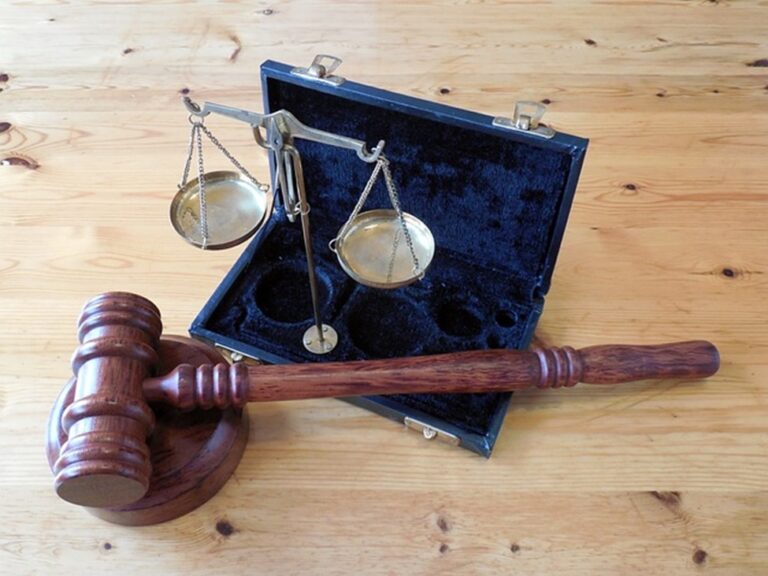Legal procedures include complex cycles, each stage requesting specialized skills and techniques. Inside the domain of criminal law, trial court lawyers and appeal court lawyers assume unmistakable yet interconnected parts.
Understanding their differences is essential for grasping the legal system’s subtleties and the changed difficulties lawyers face at different phases of a case.
Key Responsibilities
Trial court lawyers, otherwise called trial attorneys or litigators, basically center around introducing evidence, addressing witnesses, and posing legal cases during the underlying trial stage. They want to convince the judge or jury with respect to their client’s honesty or culpability. They dig profound into case arrangement, assemble evidence, and art convincing accounts to support their client’s guard or indictment.
Conversely, appeal court lawyers, frequently alluded to as appellate attorneys or post-conviction lawyers, specialize in exploring trial court decisions. Their center responsibility is to identify legal errors or anomalies that might have happened during the trial cycle. Appeal court lawyers dissect trial records, research legal precedents, and build appellate briefs pointed toward persuading higher courts to upset or modify the lower court’s decision.
Skills
Trial court lawyers require strong oral advocacy skills, as they should really convey their arguments, question witnesses, and convey convincing opening and shutting articulations before judges and juries. They should likewise have a sharp comprehension of trial systems, rules of evidence, and case law pertinent to their client’s case.
Then again, appeal court lawyers depend intensely on their legal research and abilities to compose. They should fastidiously examine trial records, identify legal errors, and build intelligent and powerful arguments in view of resolutions, regulations, and precedent-setting cases. Scrupulousness and a complete comprehension of appellate techniques are central for outcome in appellate advocacy.
Case Complexity and Strategy
Trial court cases frequently include extraordinary truth tracking down missions, witness declarations, and the introduction of physical evidence. Trial lawyers should explore through complex evidentiary rules, expect to go against arguments, and adjust their techniques in light of developing courtroom elements. They make progress toward getting great decisions or arranging supplication bargains for the benefit of their clients.
Conversely, appeal court cases rotate around legal translations and procedural issues as opposed to real questions. Appeal court lawyers dig into legal research to identify justification for appeal, like errors in the utilization of law, established infringement, or judicial wrongdoing. Their essential center lies in convincing appellate judges through composed briefs and oral arguments to rethink or converse the lower court’s decision.
Time span and Impact
Trial court procedures normally unfurl throughout a more limited time period contrasted with appeal court processes. Trials can last days or weeks, while appeals might require months or even a long time to arrive at a goal. The result of a trial can significantly influence a litigant’s prompt freedom or sentence, while appeal court decisions can start legal trends influencing future cases past individual conditions.
Florida Post-conviction lawyers spend significant time in appeal court cases assume an essential part in guaranteeing fair treatment and decency inside the legal system. Their endeavors add to the development of legal standards, clarifying understandings of law, and defending people’s privileges through thorough appellate advocacy.
Cooperative Dynamics
One more prominent difference between trial court lawyers and appeal court lawyers lies in their cooperative elements inside legal teams. Trial attorneys frequently work intimately with specialists, paralegals, and expert witnesses to assemble evidence, get ready witnesses, and foster trial procedures. Their teamwork is urgent in building a powerful case show during trials.
Conversely, appeal court lawyers regularly team up with appellate subject matter experts and legal researchers to direct top to bottom examinations of trial records and legal precedents. They depend on skilled essayists to make complete appellate briefs and may take part in debatable court meetings to refine their oral arguments prior to introducing them in appellate courts. This cooperative approach upgrades the quality and viability of their appellate advocacy endeavors.
Proceeding Legal Education
Both trial court lawyers and appeal court lawyers participate in continuous schooling and professional improvement to keep up to date with legal turns of events, procedural changes, and advancing case law. Proceeding with legal training (CLE) programs offer opportunities for attorneys to extend their knowledge, refine their skills, and organization with legal professionals across different practice regions.
This obligation to lifelong learning guarantees that lawyers stay exceptional to explore complex legal moves and give viable portrayal to their clients at all phases of the legal cycle.
Concluding Remarks
In conclusion, trial court lawyers and appeal court lawyers work in particular legal circles, each requesting specialized skills and systems. While trial attorneys center around introducing cases and upholding for clients during beginning trials, appeal court attorneys specialize in checking on trial decisions, identifying legal errors, and chasing after cures in higher courts. The two jobs are vital to the legal interaction, guaranteeing justice is served at different phases of a case.
One noticeable firm represent considerable authority in appellate advocacy is Brownstone Appeal Lawyers. Their team of experienced post-conviction lawyers succeeds in exploring complex appellate systems, directing careful legal research, and making powerful arguments to get ideal results for their clients in appellate courts.


Comments are closed.